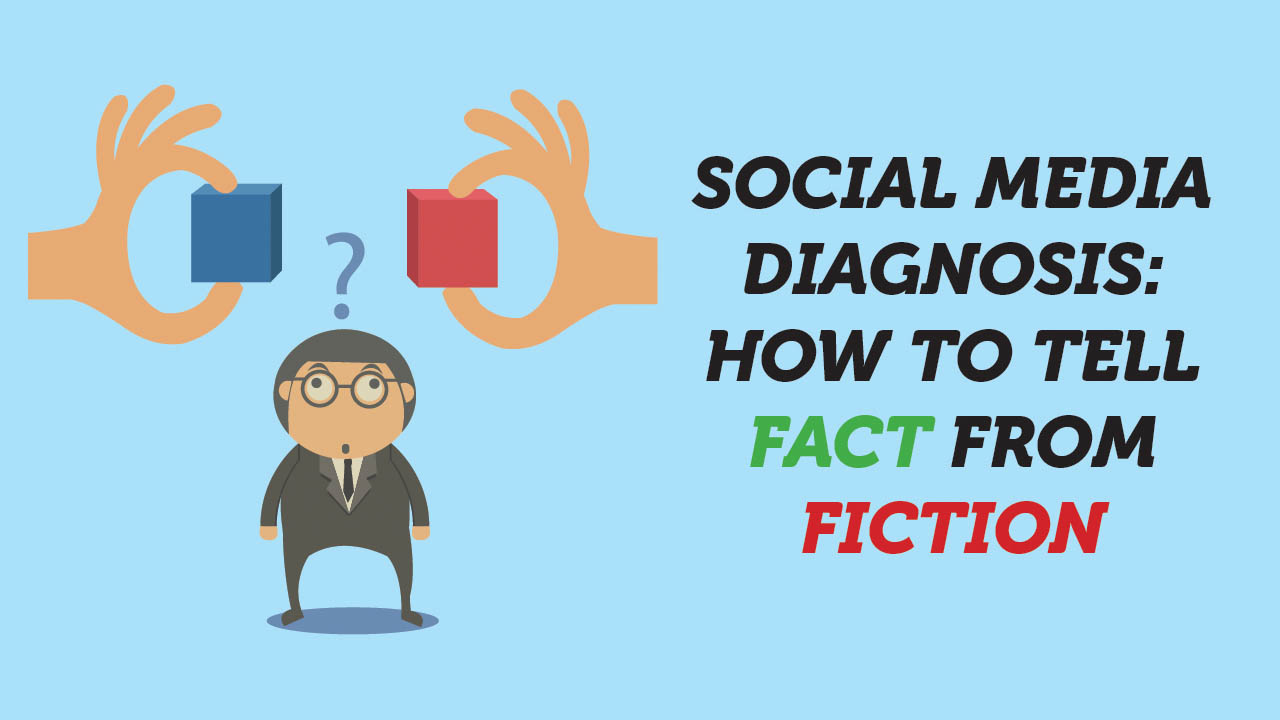Social media diagnosis: how to tell fact from fiction
 CREDIT: FSU PUBLICATIONS AND COMMUNICATIONS DEPARTMENT
CREDIT: FSU PUBLICATIONS AND COMMUNICATIONS DEPARTMENTThere are a wide variety of influencers on social media nowadays that will discuss certain topics to the public. If you’ve ever been on TikTok, Facebook, or Instagram, you might have come across an influencer talking about how they deal with Attention Deficit Hyperactivity Disorder (ADHD) or even a video about what ADHD might look like in a day to day scenario. As much as these posts can help raise awareness of ADHD, some of the content can be misleading to symptoms that individuals might have with ADHD. Member of the College of Psychologists of Ontario and accessibility services counsellor, Frank Walsh said that it’s always wise to be skeptical about what you’re seeing online.
“As with any information on social media, it’s very important to consider the source and how accurate the information may be,” Walsh said.
According to the Centre for ADHD Awareness Canada (CADDAC), ADHD affects approximately 1.8 million Canadians. Individuals can be diagnosed by a qualified psychiatrist, physician, nurse practitioner or psychological associate in Ontario. Frank said that this would include a comprehensive review of the individual’s developmental, educational and personal background. Some of the attributes a person with ADHD might display according to CADDAC are difficulty staying focused or being overfocused on a certain task at hand that might be interesting to the individual, or even difficulty switching focus – especially when the individual might be hyper-focusing at that moment.
Videos on TikTok often show influencers highlighting their struggles with ADHD, showing them getting distracted while attempting to clean their desk, only to end up so far removed from the task at hand they find themselves at a movie theatre.
This might seem relatable, but it might not show all the proper symptoms that you have ADHD.
“There’s lots of information online about ADHD and its characteristics, but it’s important to have an accurate diagnosis in order to treat it effectively,” Walsh said.
There are some reliable sources you can check out online that can help understand ADHD on a better level. One of these sites is The Centre for Addiction and Mental Health (CAMH), which does research and provides expert training to professionals and scientists to better understand how to help individuals with their mental health. It is important to know that there are sites that can help us better understand our symptoms rather than being misled by an influencer online.
It can be tricky to understand our minds but it’s important to know that you are not alone. It might be why people feel a source of comfort when they see a certain individual opening up and talking about their mental health online. Plus, it’s definitely something to remember that it is okay to open up and speak to your family physician or the qualified staff in the wellness centre here at Fanshawe if you are a student.
“Even without a formal diagnosis of ADHD, Fanshawe offers a range of student services which can help manage the symptoms and characteristics that are a concern. We’re here to help,” Walsh said.
The counselling and accessibility services department at Fanshawe can help provide further screening for ADHD and other associated conditions which might be affecting academic progress and social interactions.
















